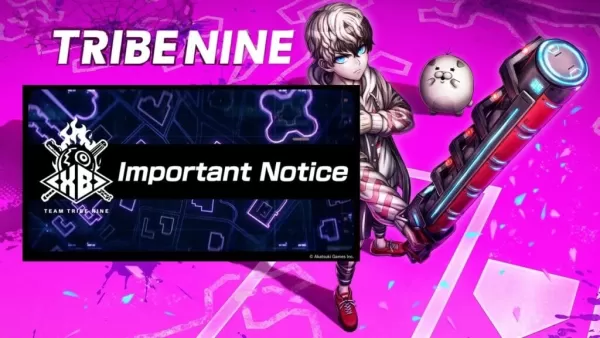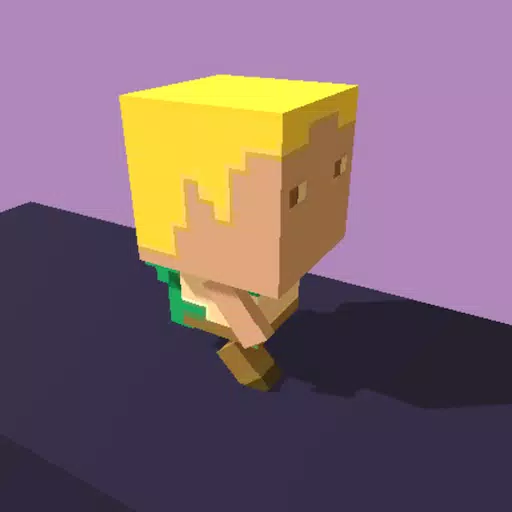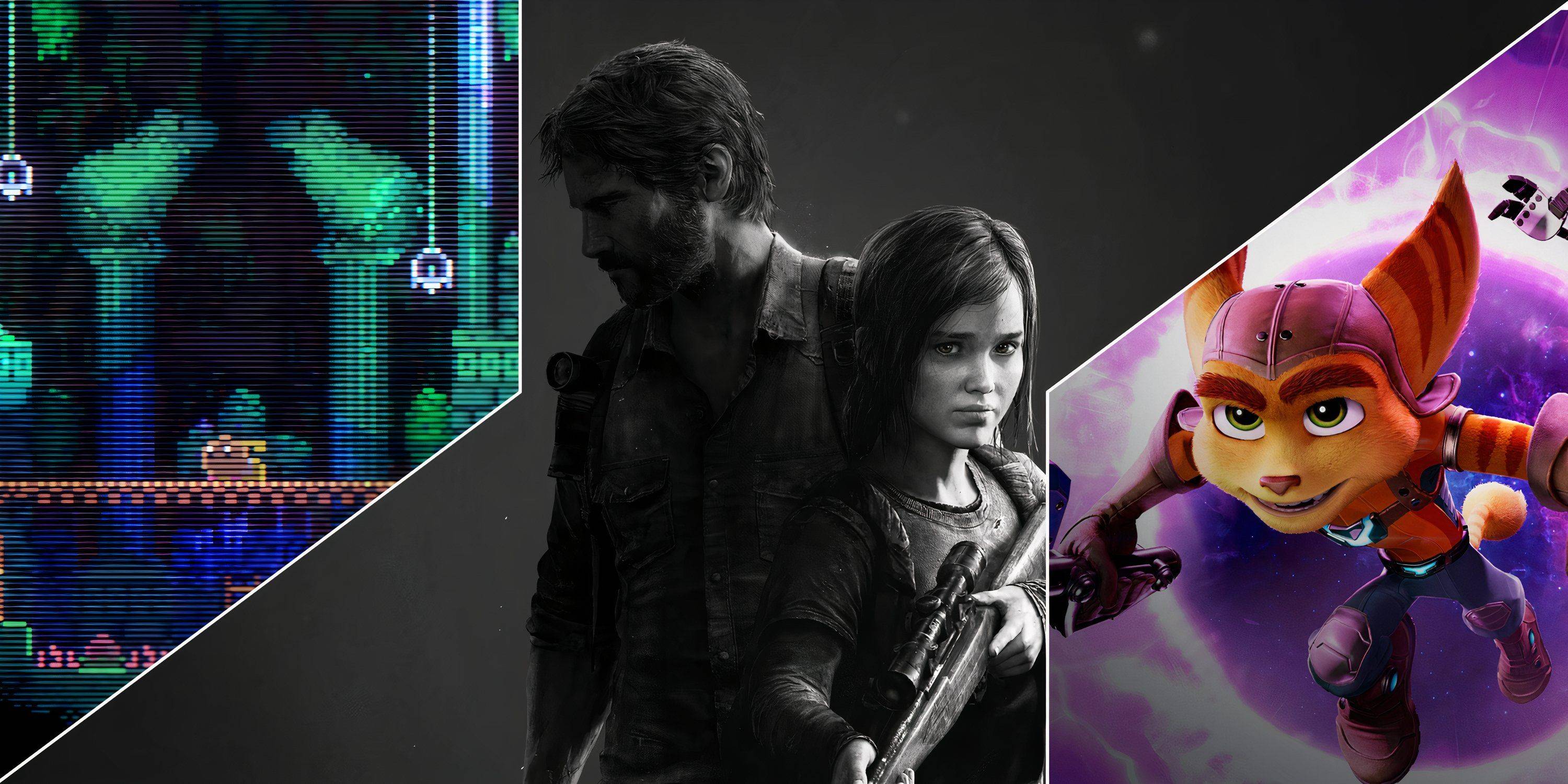Video game piracy has taken a new turn with the first-ever arrest in Japan of an individual accused of modifying Nintendo Switch hardware. According to NTV News, as translated by Automaton, a 58-year-old man was apprehended on January 15, suspected of breaching the Trademark Act by altering Switch consoles to play pirated games and then selling them.
The method involved welding modified parts onto the circuit boards of second-hand consoles, enabling them to run 27 illegally obtained games. These modified consoles were sold for ¥28,000 (approximately $180) each. The suspect has confessed to the allegations and is under further investigation for potential additional violations, as per the police.
Nintendo, a long-time adversary of piracy, has actively combated this issue. In May 2024, the company issued a takedown notice against 8,500 copies of the Switch emulator Yuzu, following the emulator's own removal two months earlier. Nintendo's lawsuit against Yuzu's developer, Tropic Haze, highlighted that their flagship title, The Legend of Zelda: Tears of the Kingdom, was pirated a million times before its official release in 2023.
The gaming industry is witnessing an increase in legal actions aimed at curbing piracy. Nintendo's successful lawsuits include a $2.1 million damage award against the game file-sharing site RomUniverse in 2021, and another case in 2018 where they received over $12 million. Additionally, Nintendo blocked the GameCube and Wii emulator Dolphin from launching on the PC gaming platform Steam.
Recently, Koji Nishiura, Assistant Manager of Nintendo's Intellectual Property Division, shed light on the company's stance on piracy and emulation. He noted, "To begin with, are emulators illegal or not? This is a point often debated. While you can’t immediately claim that an emulator is illegal in itself, it can become illegal depending on how it’s used."
 Home
Home  Navigation
Navigation






 Latest Articles
Latest Articles










 Latest Games
Latest Games




![Chubby Story [v1.4.2] (Localizations)](https://imgs.xddxz.com/uploads/85/1719638042667f981a5e9f8.jpg)

![Zia – New Version 0.4 [Studio Zia]](https://imgs.xddxz.com/uploads/47/1719569268667e8b74e6004.jpg)




